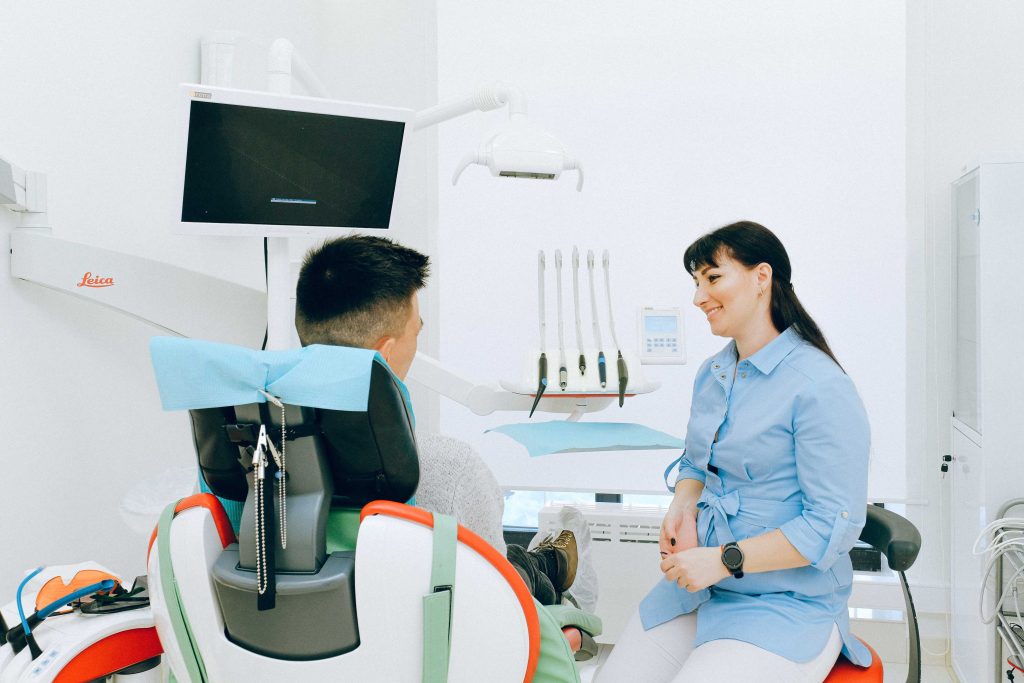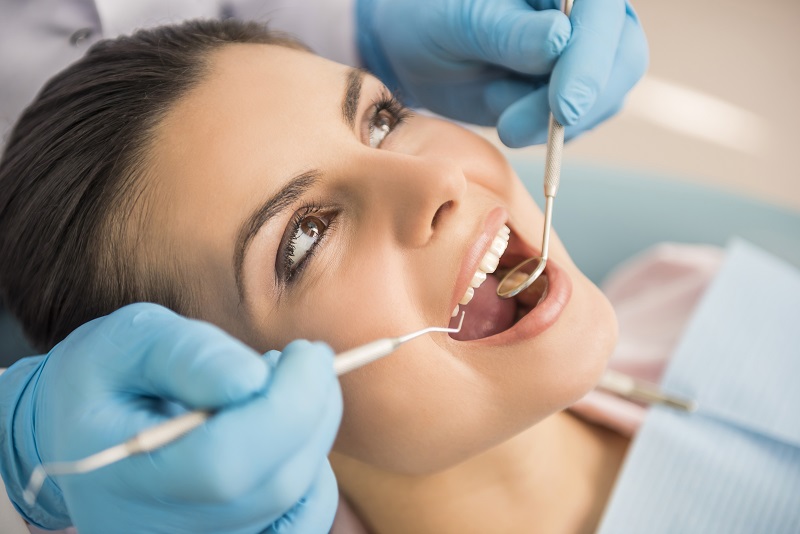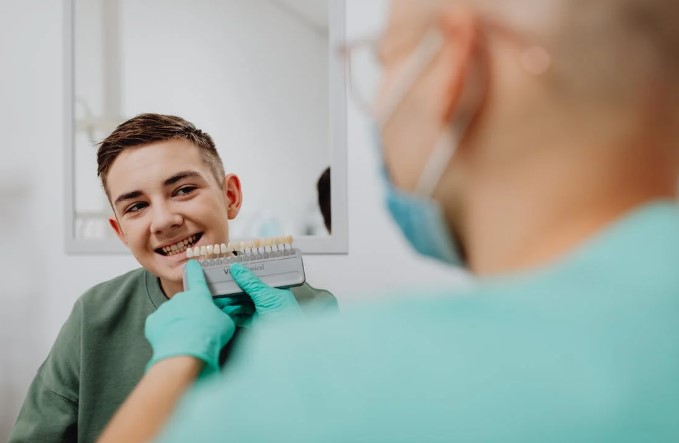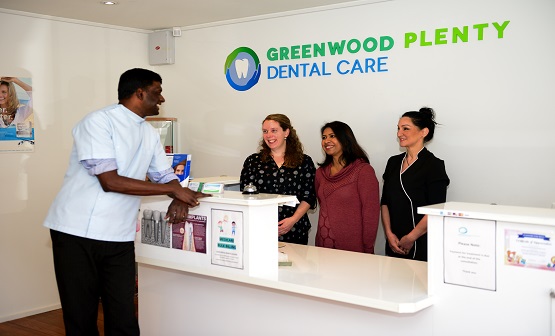Have you ever experienced the worst pain in the corner of your teeth? An impacted wisdom tooth is a culprit causing sudden sharp pain in your mouth that may even radiate to your jaw. Wisdom teeth, also known as third molars, are the last set of teeth to emerge in the mouth. However, when you have a limited mouth space, the wisdom tooth often becomes impacted, meaning they do not fully erupt or grow in the correct position. Understanding the symptoms of impacted wisdom teeth is essential for timely intervention and seeking a professional dentist in Bundoora to consult the issue. In today’s blog spot, let’s check for the symptoms of impacted wisdom teeth that demand immediate tooth removal.
Pain and Discomfort
One of the most common symptoms of impacted wisdom teeth is pain and discomfort in the back of the mouth. This can range from mild discomfort to severe pain, especially when chewing or opening the mouth. If you experience persistent or worsening pain, it is advisable to seek the expertise of a dentist in Bundoora.
Swelling and Redness
Impacted wisdom teeth can lead to swelling and redness in the gums surrounding the affected area. The gum tissue may appear inflamed or irritated, and you might notice swelling around the jawline or difficulty in opening your mouth fully.
Bad Breath and Unpleasant Taste
Partially erupted wisdom teeth can create small pockets where food particles and bacteria can accumulate, leading to bad breath and an unpleasant taste in the mouth. If you notice persistent bad breath despite good oral hygiene practices, it could be a sign of impacted wisdom teeth. So, visit the dental clinic in Bundoora immediately.
Jaw Stiffness and Headaches
Impacted wisdom teeth can cause jaw stiffness and headaches, particularly in the area near the affected tooth. If you experience frequent headaches or notice difficulty in fully opening or closing your mouth, it could be due to impacted wisdom teeth.
Should You Remove Impacted Wisdom Teeth?
Often, impacted wisdom teeth require removal to prevent complications and maintain oral health. Dentist Bundoora offers expert assessment and removal procedures for impacted wisdom teeth. Leaving impacted wisdom teeth untreated can lead to dental problems such as gum disease, tooth decay, crowding, and damage to adjacent teeth.
If you are experiencing any of the symptoms mentioned above, it is crucial to consult with a qualified dentist in Bundoora – Greenwood Plenty Dental Care. To consult with our dentist, call us at (03) 9466 7843 today.














